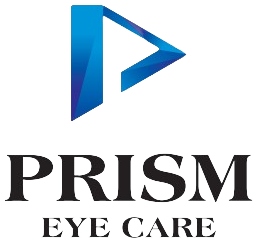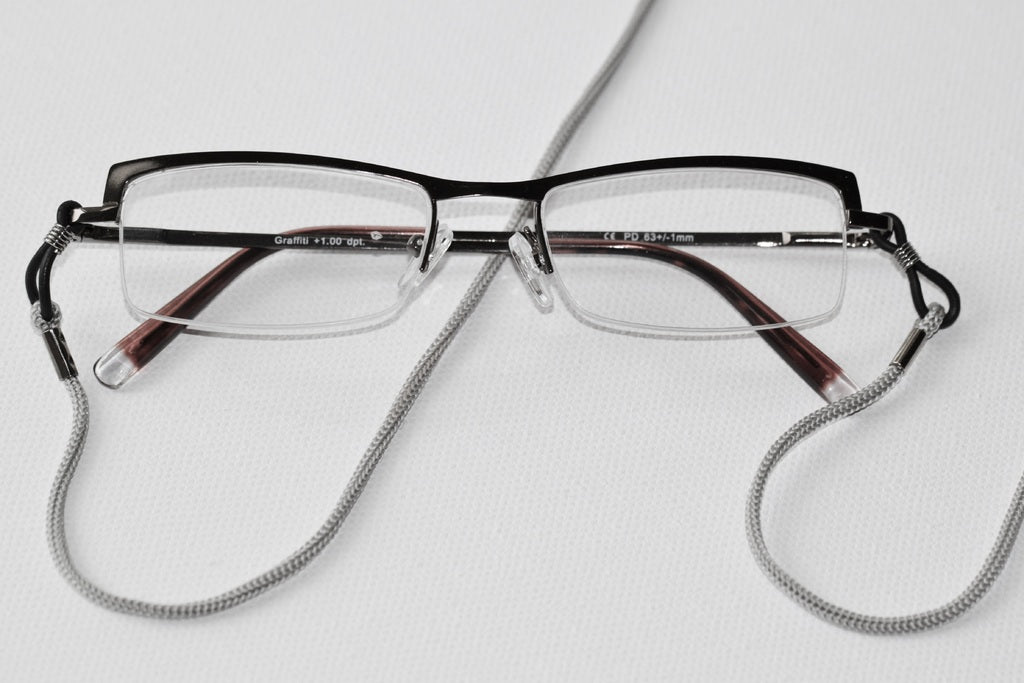
Eye Comfort 101: When to Choose Computer Glasses or Reading Glasses

In today’s tech-driven world, most of us constantly look at screens- whether it is a smartphone, tablet or computer. As a result, many people experience eye strain and discomfort. Specialized eyewear like reading glasses and computer glasses has become popular to help with this. With more time spent on screens, protecting your eyes is becoming more important than ever.
You might not think eye strain is a big deal, but think about the last time you spent hours looking at a screen and ended up with a headache. Or when you struggled to read the fine print on a label. You may have been wearing glasses, but maybe they were not the right fit for the task at hand.
It is easy to feel overwhelmed when you are trying to figure out which type of glasses you actually need. If you are stuck between computer glasses vs reading glasses, it can get a bit confusing.
In this blog, the experts at Prism Eye Care will explain computer reading glasses vs reading glasses and discuss how each one works to help you choose the best glasses for your needs. So, keep reading to learn more!
What are computer glasses and how do they help?
Computer glasses are specially designed to help reduce eye strain from long hours spent in front of digital screens. They come with lenses that are fine-tuned for screen use, which offer features like anti-glare coatings and blue light protection to make viewing more comfortable.
One of the main benefits of computer glasses is their ability to block harmful blue light from digital screens. Blue light has been known to cause eye fatigue, strain and even affect sleep. Computer glasses filter this light to help ease these issues and support better eye health.
Unlike regular reading glasses, which are made for reading close-up, computer glasses are designed for the distance between your eyes and a computer screen. It helps you maintain a comfortable posture, which reduces the strain on both your eyes and neck while using digital devices.
What are reading glasses and how do they work?
Reading glasses are designed to help with age-related changes in vision, particularly when it comes to seeing small text or objects up close. This change usually happens to most people around their 40s. Some people can use over-the-counter (OTC) reading glasses, which are available at supermarkets or drugstores.
These glasses simply magnify what you are looking at, but they do not take into account any differences in your vision between the eyes or correct issues like astigmatism. Because of this, some people may not find OTC readers that provide clear vision.
If OTC glasses do not work for you, Prism Eye Care, a leading eyewear store, can create a pair of prescription reading glasses specifically tailored to your eyes for clearer and more comfortable vision.
Main difference between computer glasses and reading glasses
Lens features
Computer glasses come with special lenses that have features like blue light filtering and anti-glare coatings. These help reduce eye strain and make it easier to look at screens for long periods. On the other hand, reading glasses do not have these special features, as they are only designed to help you see objects up close.
Purpose and use
The main difference between computer glasses and reading glasses is what they are meant for. Computer glasses are designed to make screen time more comfortable, while reading glasses are made for tasks that require seeing things up close, like reading a book or newspaper.
Prescription needs
While reading glasses can be made with a prescription to correct vision problems, computer glasses are typically for people with normal vision or only slight vision issues. If you have a more serious vision problem, you may need prescription lenses for your computer glasses to get the best results.
Also Read: Understanding Pupillary Distance: A Guide to Better-Fitting Glasses
Should you get computer glasses or reading glasses?
Both computer and reading glasses have their own benefits and purposes. The type of glasses you choose depends on the purpose and symptoms. For example, if your lifestyle includes reading books or seeing things up close, like when you are writing or doing crafts, go for reading glasses. On the other hand, if your work includes sitting in front of a screen for long periods, choose computer glasses.
Talking about symptoms, if you feel eye strain, blurred vision or headache after sitting in front of a screen, computer glasses could help. Similarly, if you have trouble seeing small print, reading glasses might be the better choice. Remember, you do not have to choose just one.
Some people can use computer glasses or vice versa, depending on their needs. Both types help reduce eye strain and improve focus, and they may be used interchangeably. Luckily, it is easier to find glasses that match your needs.
When shopping, focus on finding high-quality lenses and sturdy frames that will protect your eyes, feel comfortable and last a long time. Glasses should be seen as an investment- not just for style, but for your eye health too. That is why it is worth spending a little more instead of going for the cheapest options.
Related: How to Choose the Best Eyeglass Lenses for Your Vision Needs
Final thoughts
Knowing the difference between reading glasses and computer glasses can help you choose the right pair for your needs. Picking the right glasses for your daily activities can improve your comfort and protect your eye health. Now that you know the difference between computer glasses and reading glasses, you might be thinking about getting a pair.
If you are ready to invest in the perfect pair of glasses for your needs, visit Prism Eye Care today or shop online from our website. Our eyewear experts will help you find the ideal reading glasses or computer glasses tailored just for you.
Whether you are looking for luxury brands or affordable options, we have got you covered with top-quality eyewear for men, women and kids. Contact us today to experience the Prism Eye Care difference!
Further Read: Bifocal vs Progressive Lenses: Which Is Right for You?



































